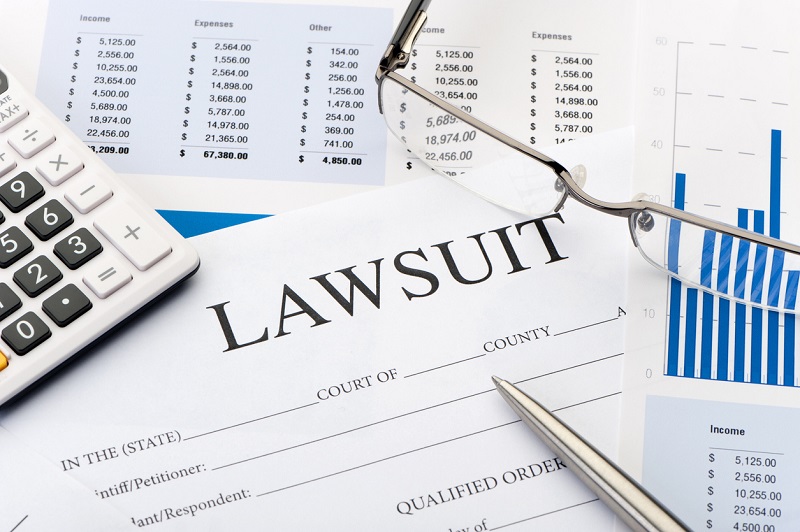When we talk about suing, it has serious implications. It highlights how badly a situation has gone for legal action to be taken as a last resort. When it comes to rental property management, there can be viable disputes between a landlord and a property management company. In which case, it’s understandable that a landlord would want some form of compensation or remedy for any wrongs or grievances. However, it’s tricky to discern what would warrant a landlord to sue a property management company and whether that is even possible to do so.
Grounds for Suing
There is nothing worse than employing services that don’t deliver on their promises and actions. For a landlord, an act of negligence from a property management company can be grounds for suing. However, this depends on certain cases. A landlord can sue if a property management company breaches their contract, such as failing to fulfill their employment duties. Yet, if a property management company’s negligence is considered harmless, a landlord won’t have grounds to sue. If anything, the route for minor negligences would be more for terminating employment and finding a new property management company to hire on.
When it comes to landlord’s tenants, this is where the negligence of a property management company would be taken seriously as a lawsuit. For example, if a tenant sues a landlord for the inactions of a property management company, then a landlord can sue a property management company rightfully. To sue in these cases are valid as the landlord can recover damages from the property manager to reclaim what they had to pay to the tenant in the initial lawsuit.
In addition, a landlord can rightfully sue a property management company if they suspect fraudulent activity. In fraud cases, it’s generally an issue of collecting rent. Before paying lawyer expenses, landlords should gather evidence to support their claim before deciding to sue.
Outcomes of Suing
In general, the cost of a lawyer and legal fees are expensive. When suing a property management company, a landlord might want to think twice before doing so – it can get costly!
Depending on the size of the property management company, a landlord might find themselves spending more money on legal fees to try and win their case. If a landlord is dealing with a large property management company, it can be a fruitless legal battle with them having more money on hand to cover legal costs while a landlord ends up exhausting their wallet. A landlord might lose more money by trying to sue than gaining anything from it. Unless a landlord has an exceptionally good reason to sue with hard evidence, it’s in the landlord’s best interest not to consider pursuing legal action against a property management company.
In which case, it’s best to truly weigh out if suing is worth the price and effort.

Finding Alternative Solutions
Sometimes the best course of action requires not taking rental property management issues to court. From the hassle of compiling a case to paying lawyer fees, the effort and expenses put into suing can exhaust a landlord’s wallet and themselves. If possible, it would be best to try and work things out with a property management company directly. With a well-constructed complaint, a landlord can potentially ensure that duties are met as they should be. Landlords can do this by outlining the damages under the property management company’s watch and finding solutions to those issues together. However, if a property management company is unwilling to be accountable and work with a landlord, the best solution would be to cut ties. If a property management company isn’t going to meet a landlord halfway, this indicates their general work ethic attitude, and they’re better off without them. Best to find a hardworking property management company that will get the job done right first.
Yet, if all else fails, landlords should sue, but it should be considered a last resort option. Legal action like suing certainly sends waves. Not only to the legal issue itself but how it affects both landlords and property management companies. It opens up a conversation about the limits of negligence and what should be done about it. There are expensive costs to suing a property management company that might not be worth taking up to court. However, it doesn’t mean a property management company won’t pay their dues if sued. With a solid legal case, a landlord has the right to sue a property management company and get the compensation they rightfully deserve.




